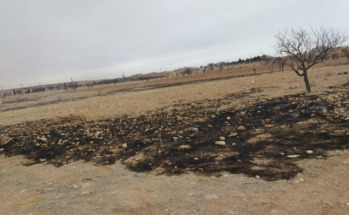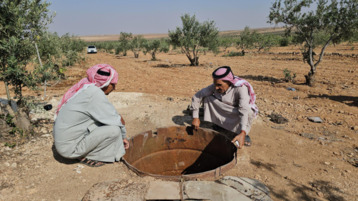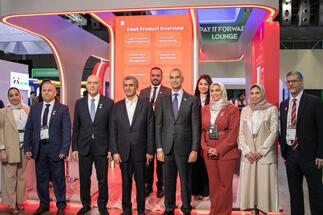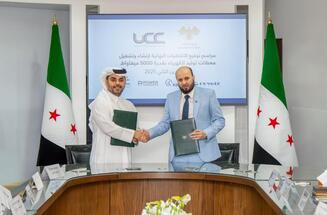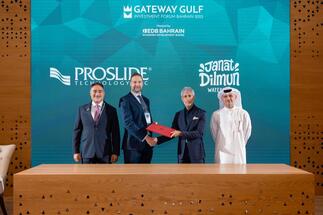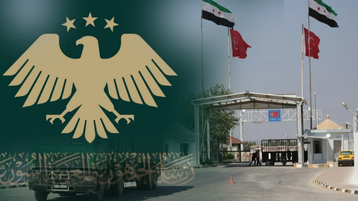-
Key Findings from the 2025 Arab Index Survey: Syrian Priorities and Perspectives - The Syrian Observer
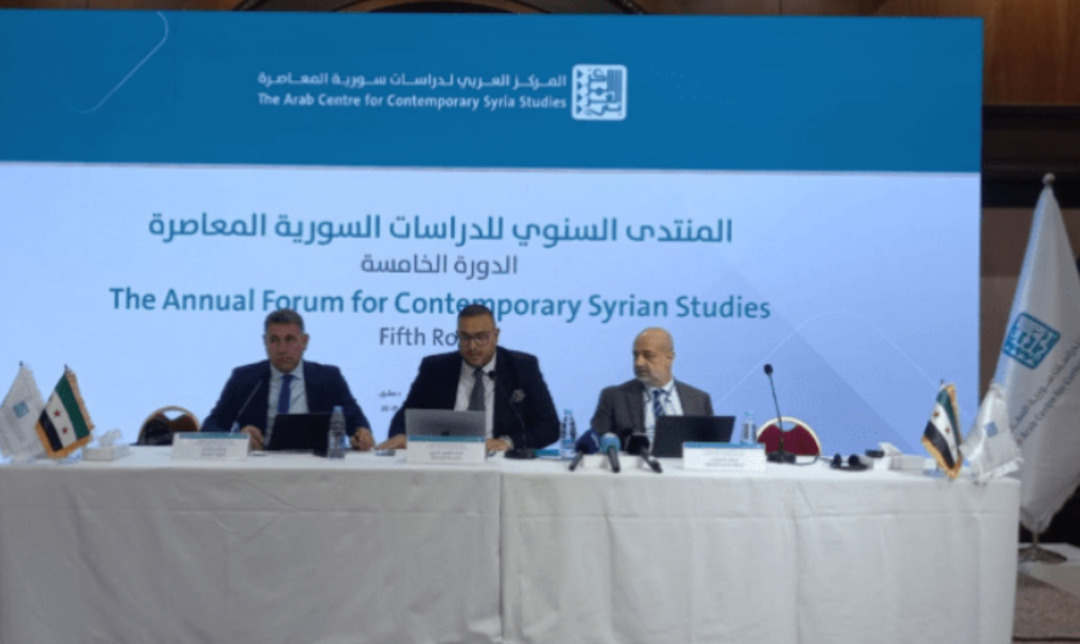
The Arab Center for Research and Policy Studies, in collaboration with the Arab Center for Contemporary Syrian Studies, released preliminary results of the 2025 Arab Index survey conducted in Syria on August 31, 2025. This unprecedented survey, the first of its kind in Syria due to its scale and scope, involved 3,690 respondents selected through a multi-stage stratified cluster sampling method, representing Syria’s diverse social and economic fabric across all governorates. With a 98% confidence level and a margin of error of ±2-3%, the survey, conducted from July 25 to August 17, 2025, included over 420 questions on economic, social, political, and national integration issues. Over 100 researchers contributed, logging more than 78,000 hours, making it a vital resource for policymakers, academics, and research institutions. Below are the key findings reflecting Syrian priorities and sentiments.
General Outlook and Optimism
Positive Trajectory: 56% of Syrians believe the country is moving in the right direction, citing the fall of the Assad regime, the release of detainees, improved security, stabilization efforts, and the lifting of sanctions as key reasons. Conversely, 25% feel the country is on the wrong path.
Emotional Response: 80-94% expressed hope, joy, and relief following the collapse of Bashar al-Assad’s regime, while 20% reported feelings of anxiety or uncertainty.
Political and Security Assessment: 57% rated the political situation as “very good” or “good,” and 56% said the same for security. However, the majority viewed the economic situation negatively, describing it as “bad” or “very bad.”
Key Challenges and Priorities
Political and Security Concerns: 51% identified the risk of Syria’s division, instability, foreign interventions, Israeli occupation, and lack of security as the most pressing challenges.
Migration Intentions: 27% of respondents expressed a desire to emigrate, with 40% citing economic reasons and 35% pointing to security concerns.
Economic Hardship: 42% reported that their income fails to cover basic needs, living in poverty and relying on loans or aid from acquaintances. 43% live at subsistence levels, while only 11% enjoy financial surplus. 61% rarely consume meat, eating it less than once a week, and 36% depend on remittances from abroad.
Trust in Institutions and Government Performance
Political Engagement: 80% expressed interest in political affairs to varying degrees, while 18% were completely uninterested.
Trust in State Institutions: 54-57% trust official state institutions, including the government, public security, defense, and governors.
Government Fairness: 47% believe the government applies the law equally, 30% see favoritism toward certain groups, and 12% say the law is not applied equally at all.
Foreign and Economic Policy: 61% feel the government’s foreign policy aligns with their aspirations, while 25% disagree. 59% believe economic policies meet expectations, but 31% say they do not.
Government Successes: Over 50% credited the government with success in fighting crime, protecting private property, addressing theft, maintaining territorial unity, and resolving citizen disputes. However, fewer than 50% believe it has succeeded in tackling unemployment, countering sectarian rhetoric, expelling Israeli forces from occupied territories since December 8, 2024, or controlling prices.
Human Rights and Freedoms: Over half of respondents praised the government for respecting human rights, encouraging political dialogue, ensuring freedom of expression, and guaranteeing the right to assembly. However, the majority criticized its failure to ensure political pluralism, end discrimination, and hold senior officials accountable.
Basic Services: Over 50% reported good availability of basic food items, and about half noted adequate fuel supply. However, only 30% said water availability is good, and 25% reported reliable electricity access.
Corruption and Transitional Justice
Widespread Corruption: 89% believe financial and administrative corruption is prevalent to varying degrees, though 56% noted it has decreased since December 8, 2024. Only 7% said corruption is absent.
Transitional Justice: 65% support applying transitional justice to anyone involved in war crimes, including opposition or armed faction members, while 25% believe it should target only former regime figures.
Support for Democracy
Pro-Democracy Sentiment: 61% believe a democratic system is the best for Syria, with 60% agreeing that, despite its flaws, democracy surpasses other systems. Only 20% opposed this view, and support for alternative systems did not exceed 10% per system.
Rejection of Anti-Democratic Claims: The majority rejected notions that democracy conflicts with Islam, performs poorly economically, or fails to maintain public order.
Political Pluralism: 53% would accept a party they disagree with taking power if it wins fair elections. Most support the establishment of new political parties, including nationalist, Islamic, Arab nationalist, and liberal civic movements.
Social Cohesion and National Identity
Social Integration: 64% believe Syrians have achieved some degree of social cohesion, while 12% see no integration at all.
National Identity Factors: 19% cited shared Syrian culture as the primary factor shaping national identity, followed by the Arabic language (17%), living on Syrian soil (10%), societal and cultural diversity (9%), and Islam (8%).
Sectarianism Concerns: 85% noted the prevalence of sectarian rhetoric, 84% observed religious or sectarian self-classification, and 83% reported widespread discrimination based on sect or religion.
Causes of Tensions: 41% attributed sectarian or ethnic tensions to foreign interventions, 36% to a lack of citizenship and tolerance, 24% to external powers, 22% to societal behaviors, 18% to social media, and 7% to ruling regimes’ actions.
Rejection of Discrimination: 66-78% expressed openness to neighbors of different sects, ethnicities, or religions, and 66% said they treat others equally regardless of sect or religion, though 25% prefer dealing with their own sect.
Patriotism: 67% agreed that no one should question an individual’s patriotism based on opposition to government policies.
Arab Unity and Regional Security
Arab Identity: 75% view Arabs as a single nation, either with shared traits divided by artificial borders or as one nation with distinct characteristics per people. 16% see Arabs as separate nations with weak ties.
Regional Threats: 78% identified Israel as the greatest threat to Middle East security, followed by 58% naming it the top threat to Arab security and 55% to Syrian security, with Iran cited by 14%.
Palestinian Cause and Israeli Conflict
Palestinian Issue: 69% view the Palestinian cause as a pan-Arab issue, not solely a Palestinian one, with 15% disagreeing.
Rejection of Israel: 74% oppose recognizing Israel, citing its status as a colonial, expansionist, and racist state occupying the Golan Heights, displacing Palestinians, and denying their rights. 17% support recognition.
Israeli Actions: 70% oppose any agreement with Israel without the return of the Golan Heights, 74% believe Israel fuels separatist conflicts, and 88% say it threatens Syrian security.
Gaza War: 74% follow the Israeli war on Gaza, attributing its continuation to U.S. military and political support and insufficient Arab backing.
Role of Religion in Public Life
Religiosity: 10% identified as “very religious,” 57% as “somewhat religious,” and 21% as non-religious. 59% linked religiosity to ethical behavior, while 31% tied it to religious practices.
Discrimination Based on Religiosity: 58% treat religious and non-religious people equally, 21% prefer religious individuals, and 15% favor non-religious ones. Only 15% agreed that non-religious people are inherently bad, while 75% rejected this.
Religion and Politics: 57% support separating religion from politics, while 30% oppose separation.
Internet and Social Media
Social Media Usage: 98% of internet users have social media accounts, with 70% using them to discuss political events and 67% to engage with political issues.
Freedom of Expression: 79% view social media as a positive platform for free expression, and 76% feel they can criticize the government online without fear.
Negative Impacts: 78% believe social media promotes sectarian rhetoric, and 80% see it as a platform for spreading false information.
Analysis and Implications
The 2025 Arab Index survey reveals a Syrian populace hopeful yet cautious, buoyed by the fall of the Assad regime but grappling with economic hardship, sectarian tensions, and external threats. The prioritization of political and security stability over economic recovery reflects the enduring impact of years of conflict and foreign interventions, particularly Israel’s occupation of Syrian territories. The strong support for democracy and rejection of sectarian discrimination signal a desire for inclusive governance, though widespread corruption and uneven government performance temper optimism. The emphasis on Arab unity and the Palestinian cause underscores Syria’s alignment with broader regional sentiments, while the call for separating religion from politics suggests a push for a more secular framework amid fears of “Islamization.” These findings highlight the complex challenges facing Syria’s transitional government as it seeks to rebuild a fractured nation.
syrianobserver
Tags
You May Also Like
Popular Posts
Caricature
opinion
Report
ads
Newsletter
Subscribe to our mailing list to get the new updates!

